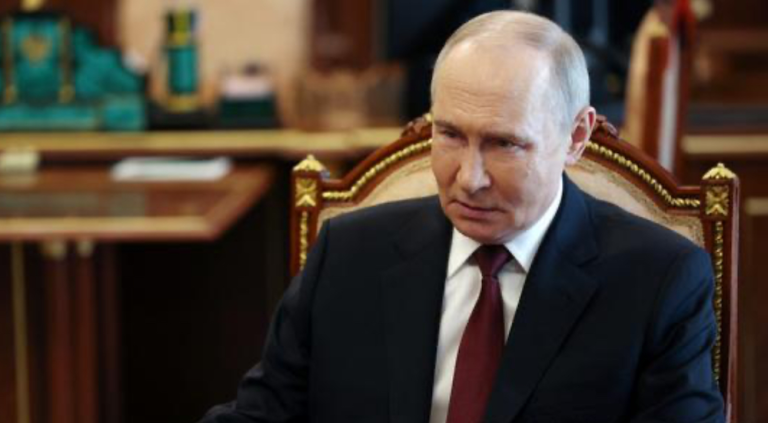
Despite progress toward establishing a special tribunal to prosecute Russian leaders for crimes of aggression in Ukraine, significant obstacles remain. Legal, political, and practical challenges-including issues of jurisdiction, political will, and the immunity of sitting officials-mean it could be months or years before any trials begin. The tribunal’s effectiveness is further complicated by shifting international alliances and the lack of enforcement mechanisms, raising questions about when, or if, Russian officials will be held accountable.
The Hague — As Ukraine and its allies move forward with plans for a special tribunal to prosecute Russian leaders for the crime of aggression, a host of legal and political obstacles threaten to delay, or even derail, the pursuit of justice. While the tribunal represents a major step in international accountability, its path to functioning as an effective court is fraught with complexity and uncertainty.
Tribunal’s Formation and Scope
The push for a special tribunal began in earnest after Russia’s full-scale invasion of Ukraine in 2022, building on earlier calls for accountability following the 2014 annexation of Crimea. With the International Criminal Court (ICC) lacking jurisdiction over the crime of aggression in this context-since neither Ukraine nor Russia has ratified the necessary amendments to the Rome Statute-Ukrainian officials and European partners sought alternative routes to justice.
By early 2025, a “core group” of states, including EU members and Ukraine, completed the technical groundwork for the tribunal, finalizing key legal documents and a draft statute. The tribunal is expected to be hosted in The Hague and will operate under the Council of Europe’s framework, with the aim of prosecuting high-ranking Russian and Belarusian officials responsible for orchestrating the invasion.
Legal and Political Obstacles
Despite these advances, the tribunal faces numerous hurdles:
- Immunity of Sitting Officials: As long as Vladimir Putin and other top Russian leaders remain in office, they enjoy immunity from prosecution under international law. The tribunal cannot issue arrest warrants or indictments against sitting heads of state, prime ministers, or foreign ministers unless their immunity is lifted-something only the U.N. Security Council can do, where Russia holds veto power.
- Political Will and International Support: The tribunal’s legitimacy and effectiveness depend on broad international support. Recent shifts in U.S. policy, with the current administration refusing to label Russia as the aggressor, have undermined momentum. American representatives have voted against Ukraine’s resolutions at the U.N., raising concerns that the tribunal could become a bargaining chip in future negotiations with Russia.
- Jurisdictional Gaps: The ICC’s inability to prosecute the crime of aggression in Ukraine has left a legal vacuum. The special tribunal is intended to fill this gap, but its authority is limited to participating states and may not be recognized universally.
- Enforcement Challenges: Even if indictments are issued, the tribunal lacks the means to enforce arrest warrants on Russian territory. Trials in absentia are not planned, meaning prosecution can only occur if suspects are apprehended outside Russia or lose their immunity.
Ongoing Investigations and Evidence Gathering
Ukrainian authorities, supported by the International Centre for the Prosecution of the Crime of Aggression (ICPA), have spent years collecting evidence against Russian officials. Investigations target approximately 20 high-ranking political and military figures, but the process is slow and painstaking. Legal experts stress that accountability must extend beyond just the top leadership, drawing parallels to the Nuremberg trials after World War II.
Uncertain Timeline
Even with legal documents in place and political backing from European institutions, the tribunal’s operationalization and the start of any trials could take months, if not years. The process requires not only the formal establishment of the court but also the resolution of immunity issues and the securing of international cooperation for arrests and extraditions.
The Stakes for Ukraine and the International Community
For Ukraine, the tribunal is both a symbol and a mechanism for justice, aiming to deter future aggression and reinforce international law. However, as legal and political experts warn, the speed of its establishment is crucial. If delayed, the tribunal risks being sidelined or used as a bargaining tool in geopolitical negotiations, potentially undermining its purpose.
As Russia’s war in Ukraine continues, the world watches to see whether the promise of accountability will be fulfilled-or whether the hurdles to justice will prove insurmountable.
Tribunal to Prosecute Russian Leaders Delayed by Legal Complexities (April 28, 2025)